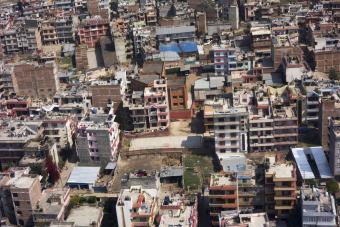Development Impacts
Recent Activity
The recent special session of the United Nations (UN) General Assembly, labeled the High-Level Dialogue on International Migration and Development (HLD), was the UN's second-ever discussion devoted solely to international migration. This article examines the implications and outcomes of the HLD, identifies some of the issues that garnered widespread support, and assesses whether the international community is inching toward greater multilateral engagement on migration.
The Chair of the Global Forum on Migration and Development, along with the Special Advisor to the UN Special Representative for International Migration discuss what is expected from The UN High-Level Dialogue on Migration and Development in October 2013 and what impact it may have on the Global Forum on Migration and Development.
Diaspora engagement has become a key and accepted component in the arsenal of development strategies. The question of how to effectively and efficiently harness the force of a country’s diaspora through government intervention and policy remains one that many governments and international organizations must grapple with. Diaspora interventions tend to be organic and outside the confines of government and institutional structures.
Diasporas can play an important role in the economic development of their countries of origin or ancestry. Beyond their well-known role as senders of remittances, diasporas also can promote trade and foreign direct investment, create businesses, spur entrepreneurship, and transfer new knowledge and skills. Policymakers increasingly recognize that an engaged diaspora can be an asset — or even a counterweight to the emigration of skilled and talented migrants.








